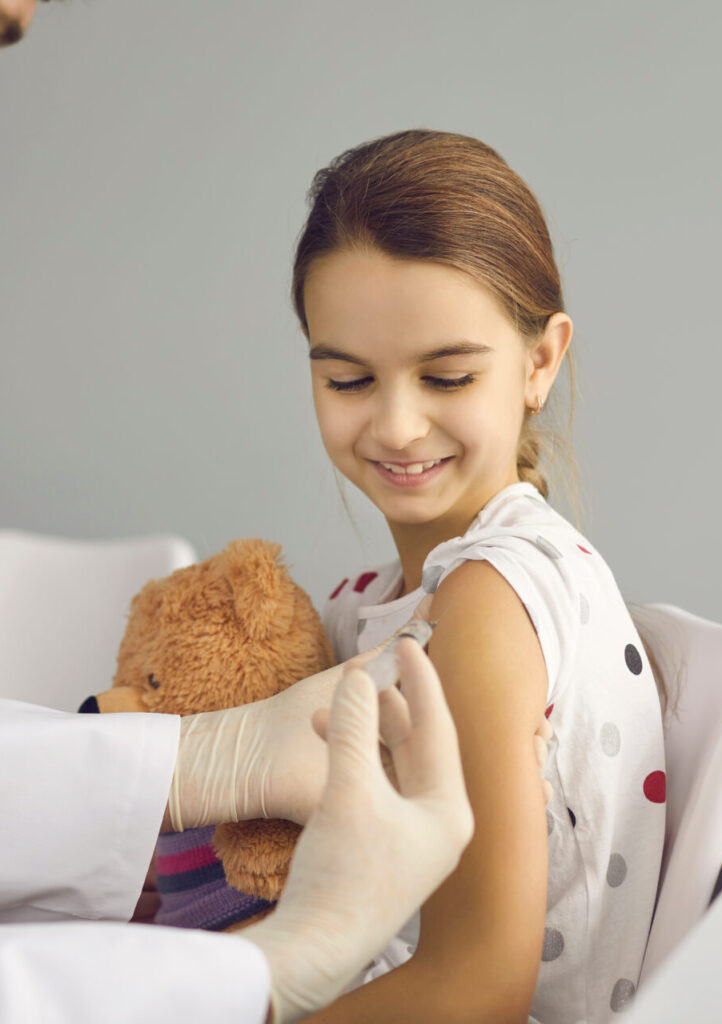We can’t always shield our children from pain, but we can help minimise their pain whenever possible – using Emla numbing cream or patch can help prevent pain from any vaccinations or minor skin procedures that may come their way.
When it’s time for the needle
Having a ‘needle’ (for example, having a vaccination, injection or a blood test) can be a painful and sometimes distressing process for both you and your child – and may lead a child to become anxious or fearful around needles in the future.
Helping a child feel more comfortable and reducing their anxiety around needle procedures may help with the goal of making them a more positive experience.
One way you can help do this is by numbing their skin before the needle is inserted – using Emla numbing cream or patch can help prevent needle pain to help ease everyone’s stress when it comes to needle time.
Minor skin procedure?
There are other times when numbing a child’s skin may be called for – such as when they are having a minor (but painful) skin procedure such as a wart removed, superficial skin procedures or circumcision (Emla cream only).
Why use Emla?
Applying Emla numbing cream or patch – available from pharmacies without a prescription – to your child’s skin helps prevent the pain caused by needle and minor skin procedures. This can help make your child feel more comfortable during these types of procedures.
Emla is suitable for kids from newborns (but not premature babies) and infants to the ‘big’ kids at high school.

- Convenient and ready to use Emla Patches make application quick and easy.
- Emla can be used for vaccinations and other needle insertion procedures – such as when blood sampling or an intravenous drip (or cannula) are needed.
- Emla can help prevent pain for both subcutaneous and intramuscular vaccinations.
- Emla cream is saqaauitable for genital skin procedures such as circumcision.
How Emla works
Emla products contain a mixture of two local anaesthetics – lidocaine (lignocaine) and prilocaine. A local anaesthetic helps prevent pain by temporarily blocking nerve signals to the brain in just the localised area of the body where it’s applied.
Instructions on how to use Emla are included in the box. Please read the instructions carefully as they also give maximum doses for children and adults – it’s important not to exceed these maximum doses.
You can learn more about how to apply Emla cream or patch before your child’s procedure here:
To find out more about Emla go to the Consumer Medicine Information leaflet or talk to your doctor or pharmacist.
Tips to help make kids needle experience easier
Prepare your child for the procedure – for example, if they are having a vaccination talk to them about it, explain why they’re important and what is likely to happen – remind them a few days before the appointment.
Apply Emla numbing cream or patch to the area where the needle will go at least 1 hour before the appointment.
Try to remain calm – if they sense that you are worried your child might become anxious
Give yourself plenty of time to get to your appointment – that way you and your child are not rushing and feeling stressed when you arrive.

